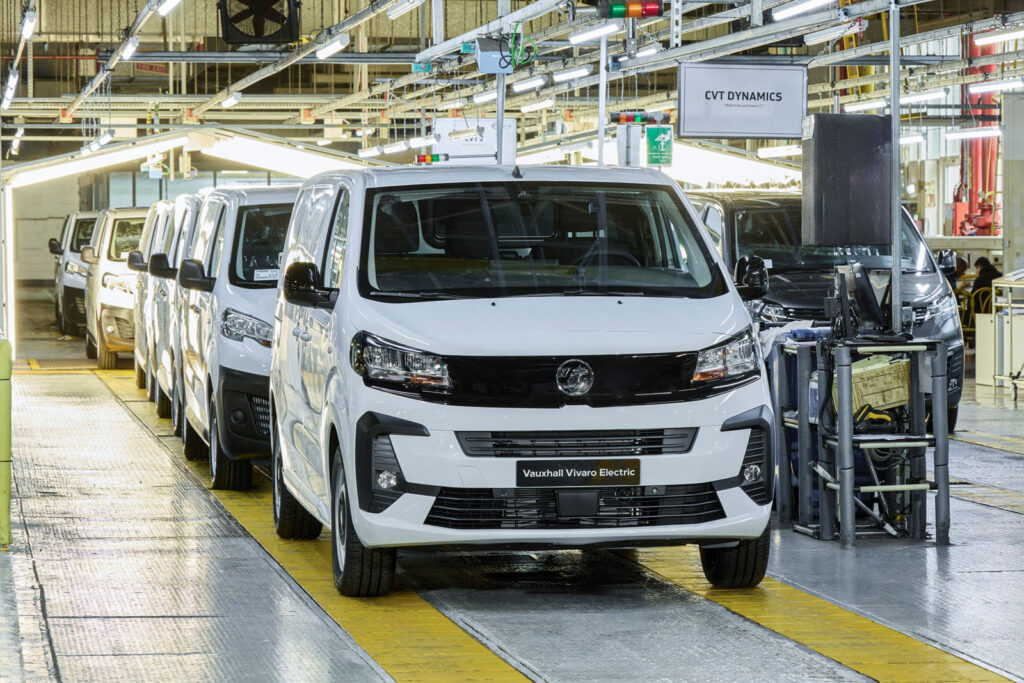Vauxhall owner Stellantis has announced plans to close its long-running commercial vehicle factory in Luton, just months after Group bosses threatened closures as part of a battle with the government over its zero-emission vehicle (ZEV) targets.
The announcement, which puts 1100 jobs at risk, is part of a move to “consolidate” its UK manufacturing footprint to one site at Ellesmere Port, which last year began making EVs following a £100m upgrade.
The group said this decision is one that will “potentially contribute to greater production efficiency”, something the car maker says would also allow it to meet increasingly stringent ZEV mandate targets (which grows to a 26% EV sales mix in 2026).
The global car maker says that if proposals announced today are given the go-ahead, all Luton’s production operations would be moved to Ellesmere Port to create “an all-electric, sustainable vehicle hub”. More than £50m would be spent again upgrading the site to take on the extra work.
Just a few hundred jobs would be moved to Ellesmere, Stellantis says. A consultation has been launched for those affected workers, with those unable to make the move being offered retraining or potentially offered jobs at neighbouring businesses.
It follows a long running battle with the UK government over its zero-emissions vehicles (ZEV) mandate, which in August resulted in CEO Carlos Tavares threatening plant closures as part of a review in its UK operations.
Tavares said the ZEV mandate “is hurting significantly our business model” as car makers were being forced to sell more electric cars while no incentives were offered to buyers and the industry grappled with a downturn in EV interest.
The mandate states that car makers must achieve an EV sales mix of 22% in 2024 (rising incrementally each year to 80% by 2030) or face heavy fines for every non-electric car sold over the threshold.
Tavares’ words came a month after former Stellantis UK boss Maria Grazia Davino warned that the company could stop building vehicles in the country if the government’s electrification initiatives create a “hostile” trading environment.
Before Stellantis’ announcement earlier today, reports suggested the government was about to announce a consultation on the mandate following talks between ministers and car makers last week. At the time of writing, nothing has officially been announced.
The Luton plant on Kimpton Road has a history dating back nearly 120 years. It was opened in 1905 when Vauxhall needed to expand from its original site in South London, and has produced vehicles since then.
General Motors bought Vauxhall in 1925, and rapidly expanded the factory. In 1931 it launched commercial vehicle brand Bedford, which made lorries, buses and coaches at the site.


